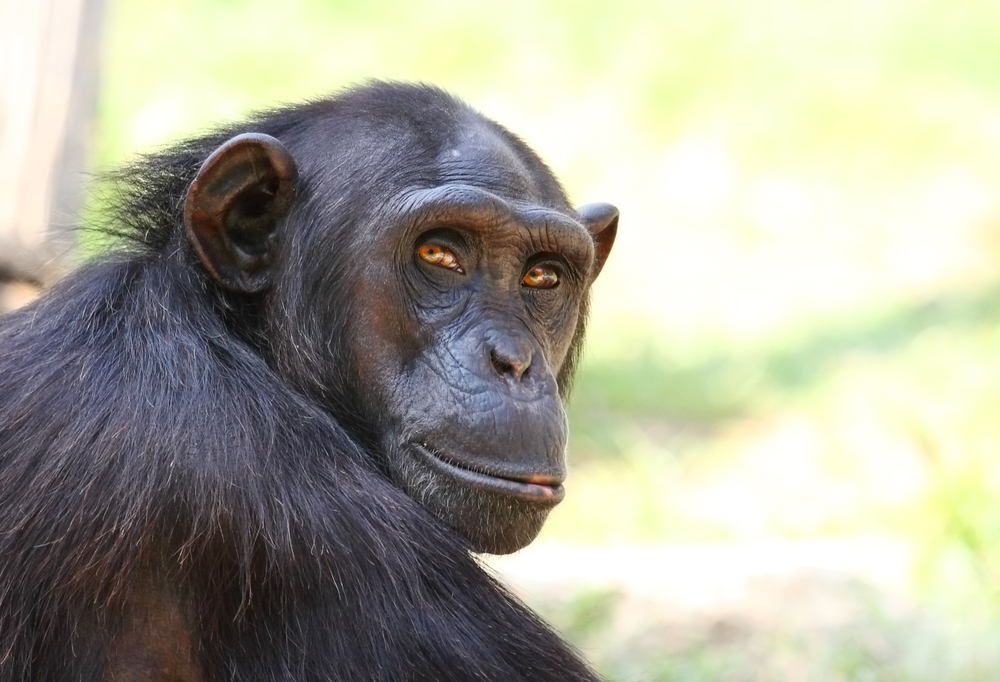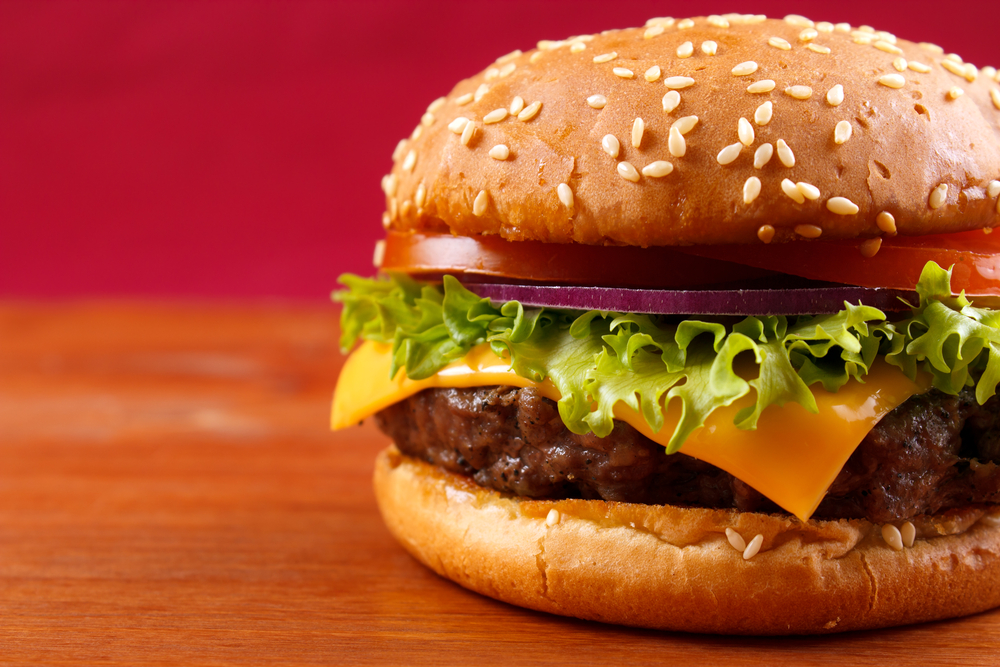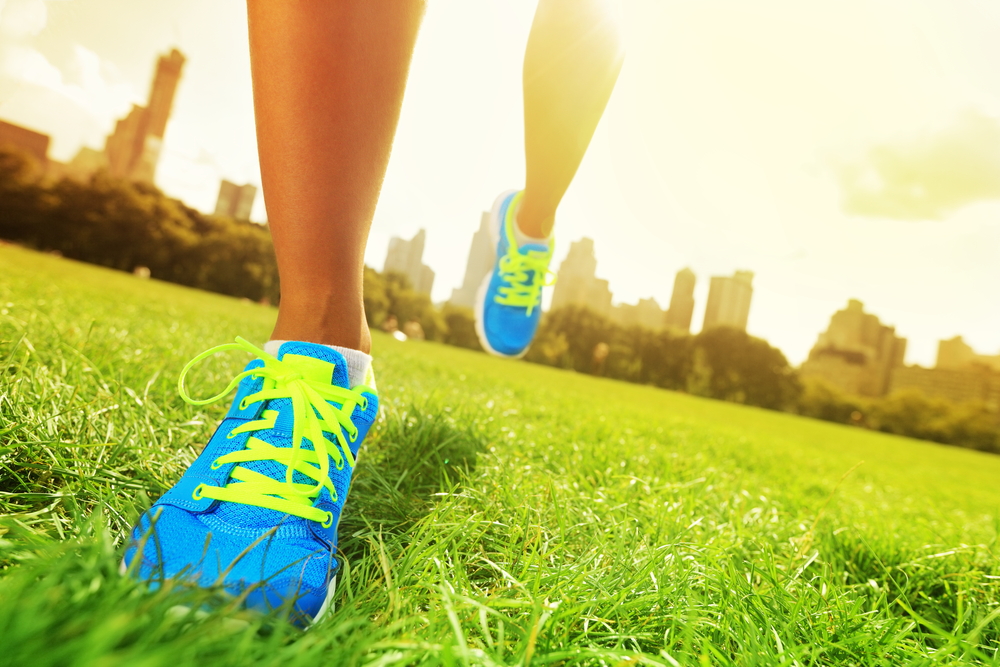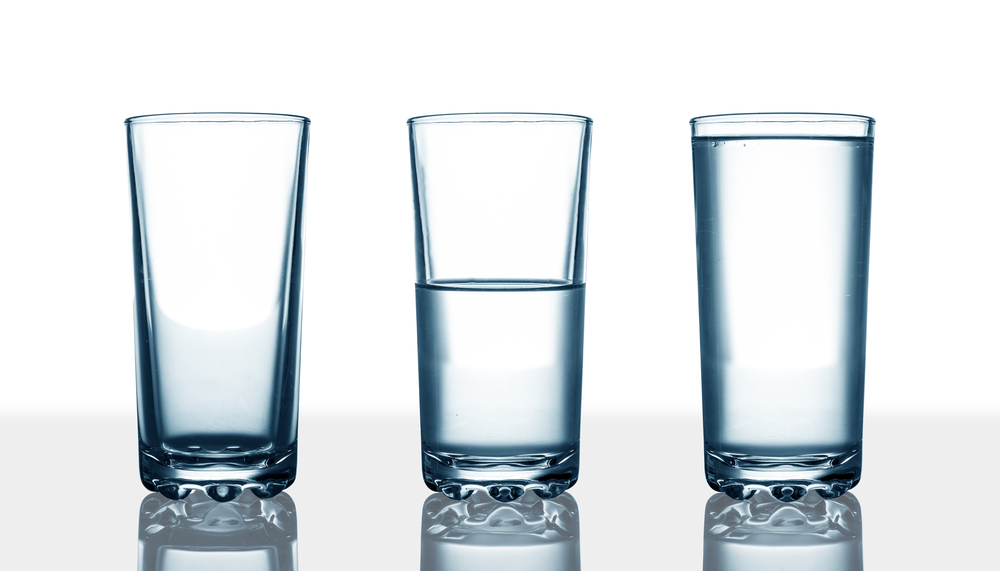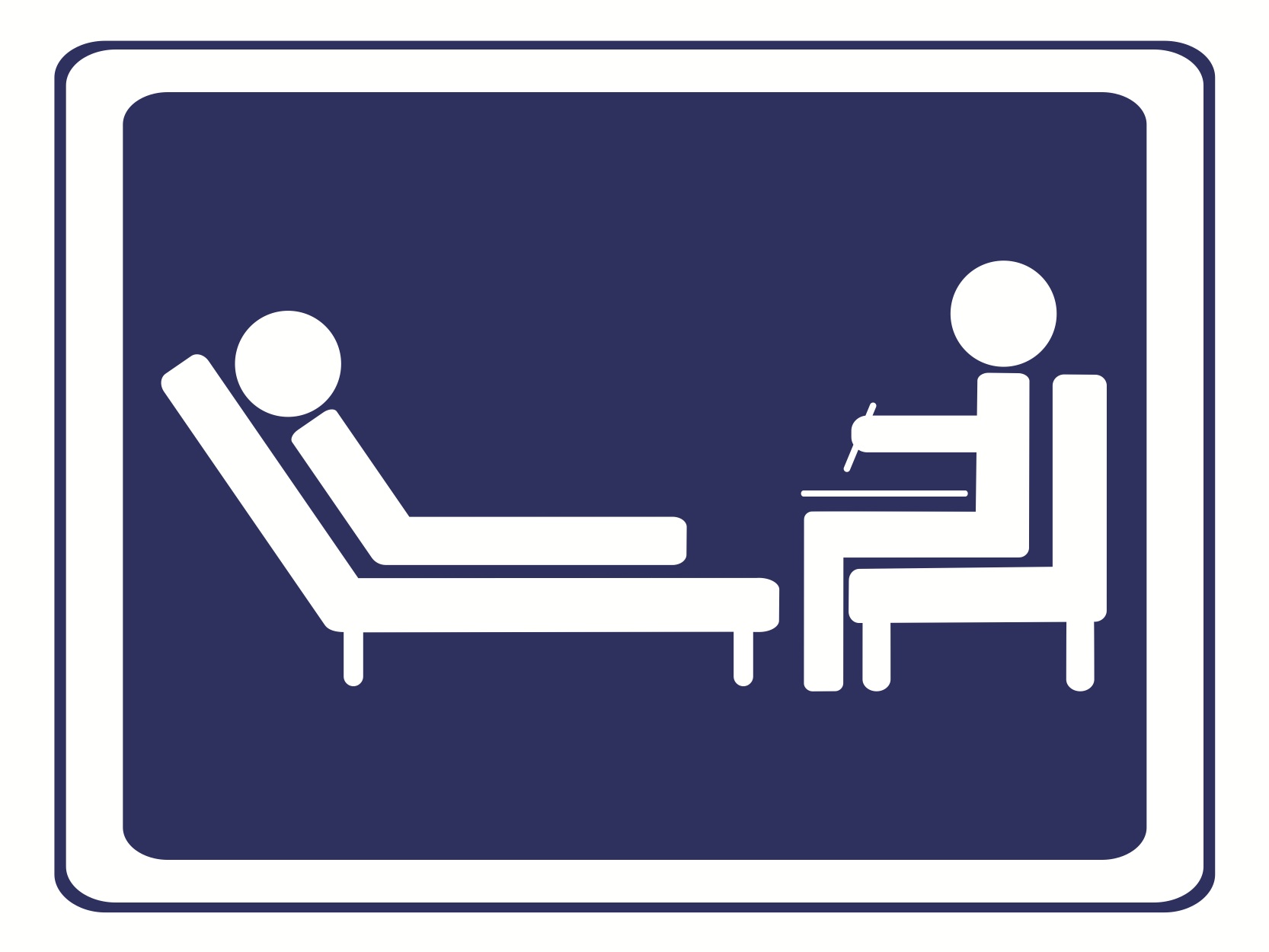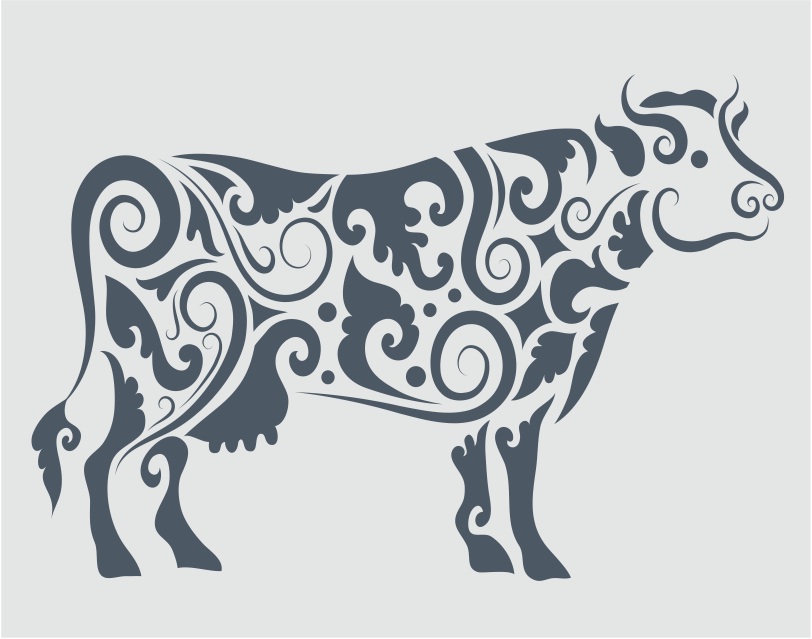Orion Jones
Managing Editor
Get smarter, faster, for success in the knowledge economy. Like us on https://t.co/6ZFWKpoKLi or visit https://t.co/d7r7dG2XOq
Water is among the natural resources—including oil, fish, timber, and minerals—that face increasing demand as a result of population increases and economic growth.
The country is the world’s largest polluter, but it is cleaning up faster than anyone else.
The strongest determiners of depression, according to online search patterns, appear to be employment rates and climate patterns.
A survey of 240 young men and women has found that adult human crime victims receive less sympathy than do adult dogs, puppies, and human children.
In a new article published in the Journal of Consumer Research, professor Rik Pieters explains why shopping can make us lonely and why, once lonely, we turn to shopping to relieve our anti-social symptoms.
Science, along with evolutionary theory, may soothe the human soul in ways similar to religion by promoting a vision of the universe that is not random and chaotic but rather orderly and deterministic.
In a recent study of elderly people with poor blood flow, researchers found that drinking two cups of hot chocolate each day improved the seniors’ circulation, resulting in more blood flow to the brain.
By measuring the level of acetone gas in the breath, users of a new breathalyzer can tell if they are getting a good workout, helping to incentivize exercise and aid individuals in managing their diet.
MIT doctoral student Kuang Xu has created a mathematical formula that can reduce the amount of time injured people wait for medical attention in the emergency room by ten percent.
Using stem cells extracted from two separate cows, researchers in Germany have created the world’s first synthetic beef. The stringy protein was grown in laboratory conditions.
A survey of recent health studies suggests that standing up at work may confer qualitatively unique health benefits, helping the body stay fit and avoid disease in ways that rigorous exercise cannot.
In an experiment in which individuals were asked to memorize pairs of words, those who engaged in mild exercise while learning the word pairs did significantly better than those who sat quietly.
With global population still on the march, and developing economies like India and China brining potentially billions more drivers onto the roads, demand for oil as a source of energy may actually decline in the years ahead.
Despite recent failures in Egypt and Turkey, two of the world’s three most populous countries of Islam’s core, political parties wishing to legislate Islamic value may still stand a chance.
Faced with a modernizing society and subsequent falling birthrate, the South Korean government is taking unusual steps to encourage its younger citizens to link up, get married, and have children.
While the US has steadily worked to build coalitions of the willing, China’s allies often depend on aligning economic interest which can change direction with the wind.
To encourage higher birthrates and allow parents to leave the house in search of work, Germany has promised that all families will have ready access to daycare services.
When faced with the classical risk dilemma—receive small gains now versus a big gain later—men and women have different ways of evaluating what is the best course of action.
Studies have repeatedly shown that people who set aside time to pray are generally healthier and recover from illness more quickly than those who don’t. Even atheists who pray experience an uptick in health.
English novelist, journalist, and short story writer Will Self counsels his readership to remain negative, or at least pessimistic, which is how his mother would have wanted it.
In a clinical trial of 62 patients diagnosed with moderate depression, individuals who received online psychotherapy were relieved of more symptoms than those who saw psychotherapists face-to-face.
Writers who now publish skeptical thoughts about the field of neuroscience are confirming what the public-at-large has known for five years, according to data gathered by Slate’s Daniel Engber.
Chemical analyses of ancient cheese-making tools, found in modern-day Poland by archeologists, are shedding light onto how the consumption of dairy products influenced the rise of Europe’s first farming societies.
Veterinarians have observed that people are more willing to improve the lives of their pets through diet and exercise than they are to tackle their own health challenges.
The consumerization of health care will outfit patients with personalized digital devices while making them more responsible for preventative care, i.e. maintaining their own health.
A working group of cancer experts formed by the National Cancer Institute has recommended that the word “cancer” be used more sparingly, even eliminating it from some common diagnoses.
Scientists at the University of Michigan have found a way to preserve vital intestinal function through courses of chemotherapy treatments, preserving the health of the patient for longer.
Soon, the Moscow metro police will be able to track individuals’ movement through the city’s ornate underground transport system by reading data from the cellular phones.
The economic vitality of emerging economies, which has helped guide the world through the early 21st century as well as the late financial collapse, is beginning to dissipate.
A new law in China that stipulates adult children must visit their parents “often” has stirred debate among the country’s political leaders and those charged with caring for their parents.





